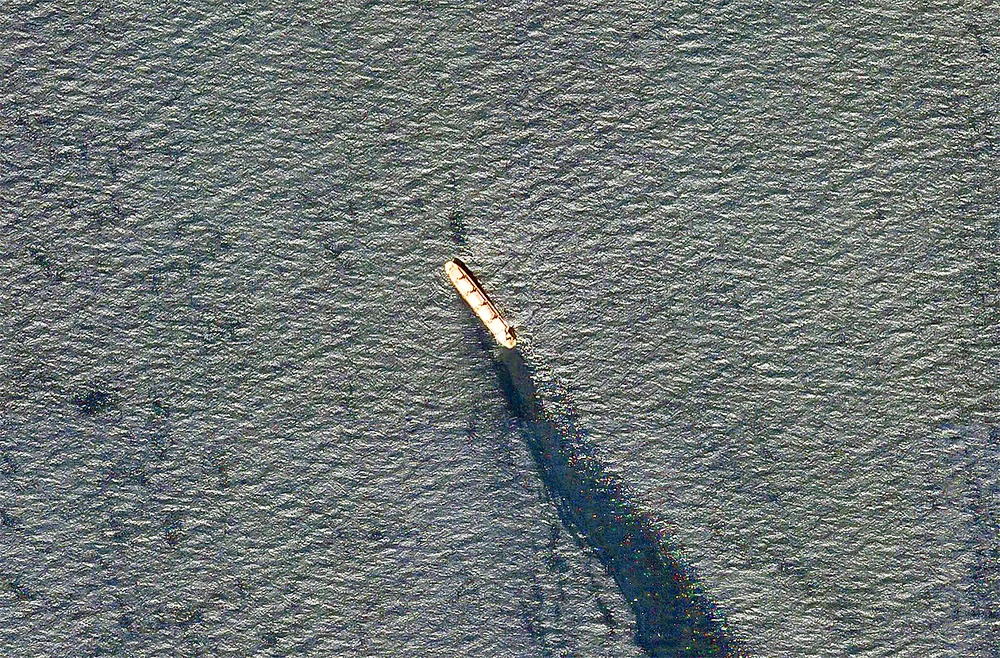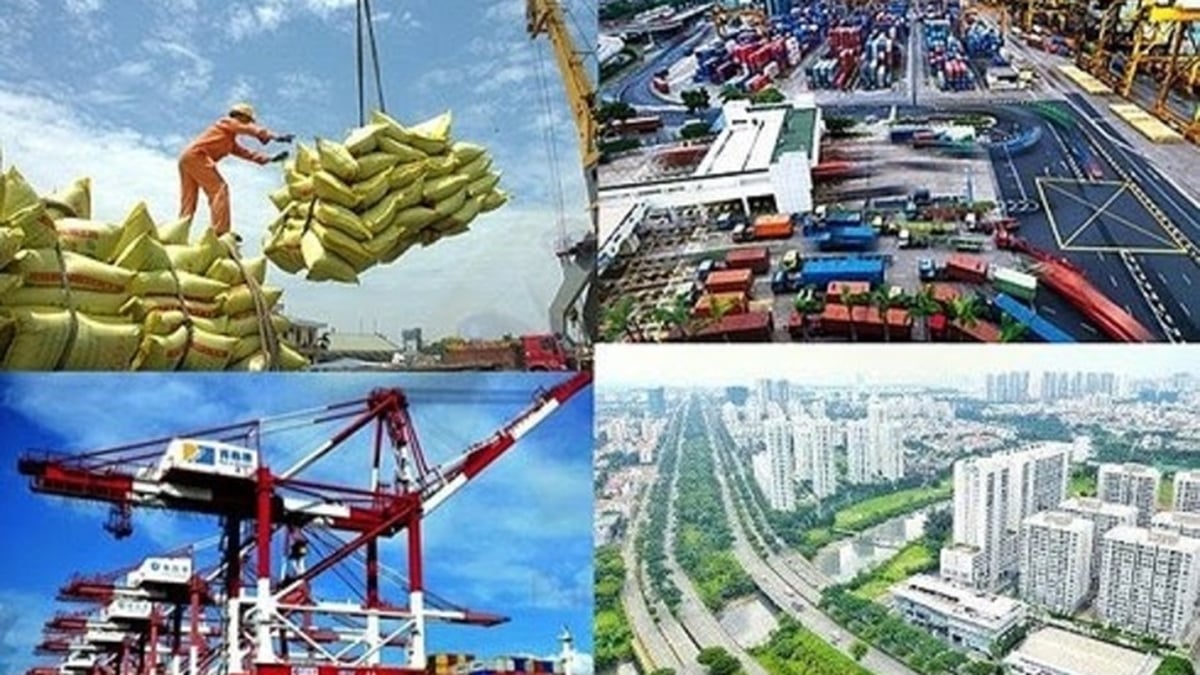After being attacked by Houthi forces in the Gulf of Aden (between Yemen and Somalia) on February 18, the Rubymar cargo ship carrying more than 41,000 tons of British fertilizer is sinking into the sea, leaving an oil slick about 28km long.
Risk of environmental disaster
Several Houthi missile and drone attacks on ships in the Red Sea have caused damage, but the attack on the Rubymar was the most serious, according to the New York Times. The resulting oil slick could be an “environmental disaster,” and things could get much worse if tens of thousands of tons of fertilizer on board spilled into the Red Sea.

The 24-member crew of the Rubymar were safely evacuated, but the cargo of fertilizer could spill into the Red Sea, according to U.S. Central Command. The fertilizer the Rubymar was carrying is classified as “high-consequence dangerous goods” by the International Maritime Organization, the United Nations’ global shipping regulator. The attack has raised concerns about the Red Sea’s unique coral reefs.
Continued threats
Regarding the war, on February 23, after the US-UK coalition announced the bombing of the port city of Hodeidah, where the Houthi military base is located, this force threatened to block the important shipping route in the Red Sea. On the social network X, Mr. Hussein al-Ezzy - a Houthi official - said that this force is considering "completely closing the Bab al-Mandab Strait in the coming days" to pressure Israel to end the conflict in Gaza.
If the Bab al-Mandab Strait - a vital chokepoint for maritime traffic between the Red Sea and the Indian Ocean - were blocked, global oil supplies and trade would be severely disrupted.
Houthi attacks have forced several major shipping lines to stop sailing through the Red Sea - which normally carries about 12% of global maritime trade - and reroute around the Cape of Good Hope at the southern tip of Africa.
The number of ships passing through the Suez Canal in the first two weeks of January 2024 fell by 30% compared to the same period last year, from 777 to 544, said Osama Rabie, chairman of the Suez Canal Authority. According to Rabie, the revenue in USD from the Suez Canal in the first two weeks of January 2024 fell by 40% compared to the same period in 2023, while the volume of traffic decreased by 41%.
The escalating tensions between the Houthis and Western powers are pushing the Red Sea region into serious instability. In this context, according to Xinhua, the 46th fleet of the Chinese People's Liberation Army Navy left Zhanjiang, a port city in southwestern Guangdong Province, on February 21 for the Red Sea to ensure security in the Gulf of Aden and waters off Somalia.
This fleet replaces the 45th fleet, including the guided missile destroyer Xiaozuo, the guided missile destroyer Xuchang and the comprehensive supply ship Honghu. The fleet has more than 700 officers and soldiers and 2 helicopters.
Synthesized HAPPY CHI
Source



![[Photo] National Assembly Chairman Tran Thanh Man receives Chairman of Morocco-Vietnam Friendship Association](https://vphoto.vietnam.vn/thumb/1200x675/vietnam/resource/IMAGE/2025/7/26/b5fb486562044db9a5e95efb6dc6a263)



![[Video] New advances in technology for identifying martyrs' remains](https://vphoto.vietnam.vn/thumb/1200x675/vietnam/resource/IMAGE/2025/7/26/ef0db1b91ceb445badc48179e7d272a1)






























































































Comment (0)